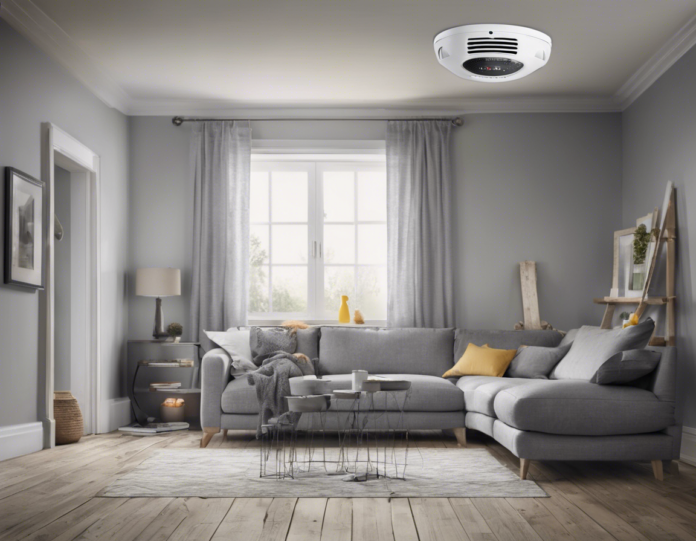Carbon monoxide detectors are designed to detect the presence of carbon monoxide, a colorless, odorless gas that can be deadly if inhaled in high concentrations. While carbon monoxide detectors are effective at detecting carbon monoxide leaks, they are not designed to detect other types of gas leaks, such as natural gas or propane leaks.
It’s important to understand the key differences between carbon monoxide and natural gas in order to grasp why carbon monoxide detectors are not suitable for detecting natural gas leaks. Carbon monoxide is a byproduct of incomplete combustion of carbon-containing fuels, such as wood, gasoline, coal, natural gas, propane, and oil. On the other hand, natural gas primarily consists of methane, which is a flammable gas commonly used for heating and cooking purposes in households.
Natural gas leaks can pose serious safety hazards due to the risk of explosions and fires. Common sources of natural gas leaks in households include faulty appliances, leaky pipelines, or damaged gas connectors. Unlike carbon monoxide, natural gas has a distinct odor that resembles rotten eggs, added to help detect gas leaks more easily.
While carbon monoxide detectors cannot detect natural gas leaks, there are specialized gas detectors designed specifically for detecting natural gas and propane leaks. These gas detectors operate based on different sensing technologies compared to carbon monoxide detectors. Gas detectors typically utilize sensors that can detect specific gases such as methane and propane, triggering an alarm when gas levels exceed safe thresholds.
It is crucial for homeowners to install both carbon monoxide detectors and gas detectors in their homes to ensure comprehensive protection against the dangers of both carbon monoxide and natural gas leaks. Regular maintenance, testing, and replacement of these detectors according to manufacturer guidelines are essential to ensure their effectiveness in detecting gas leaks and providing early warnings to prevent potential hazards.













